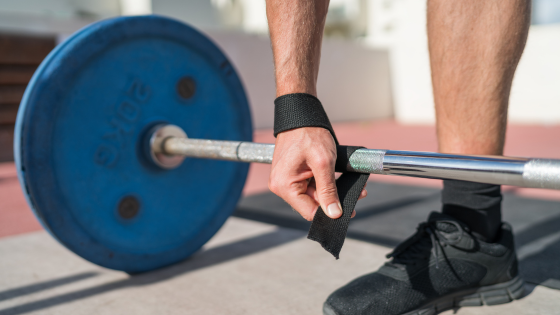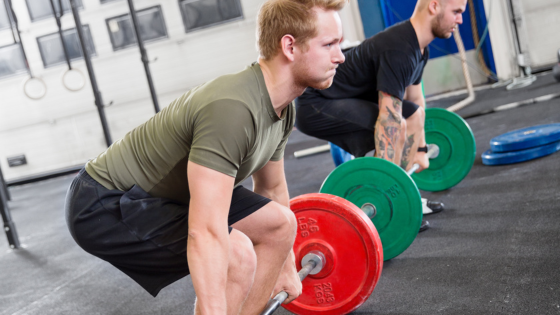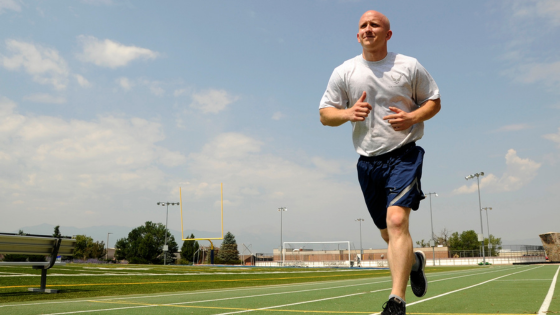

What Is Overtraining?
The fear of overtraining comes from outdated/under-researched ideas of the limit of how much volume humans can lift. Average (or above average) exercisers generally do not have to worry about overtraining. Pushing too hard, too fast can lead to injury, but intentional, slow development from a well designed workout plan allows for people to safely train hard.

Lifting Aids
Lifting aids like straps, wraps, and belts are useful tools for heavy lifters who are looking to maximize their muscle and strength building. They can also aid in preventing injury while training difficult and high weight lifts. When used properly, lifting aids help you train harder, longer, and more efficiently. Improper usage can cause issues, but that risk is minimal when you adhere to safe practices.

Work Out Smarter, Not Harder
A training program does need to be smart in order to produce long term gains in a safe and effective manner. A well designed program uses periodization, the manipulation of training variables (sets, reps, weight, intensity, etc.), in order to keep workouts challenging over time as you get stronger, and ensure optimal gains.

Work Out Harder, Not Smarter
Working out harder is the primary goal of a smart training program. You shouldn’t worry about having the perfect program, and should focus on putting in the effort if you want results, especially in the long-term.

Celebrating 300 Articles on Gains - and Where We Go From Here
I’ve written (about) 300 articles on health, fitness, self-improvement, language learning, and finance. What’s next?
